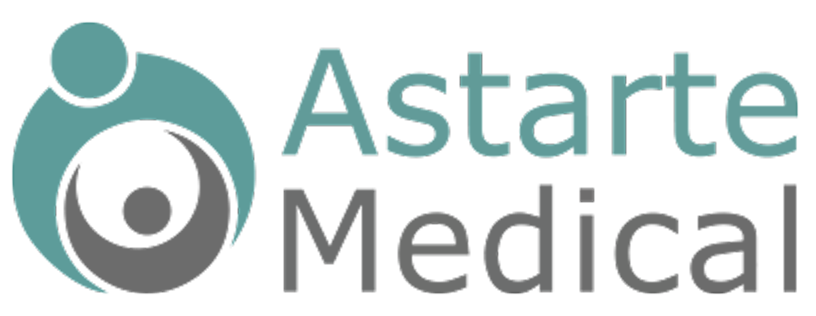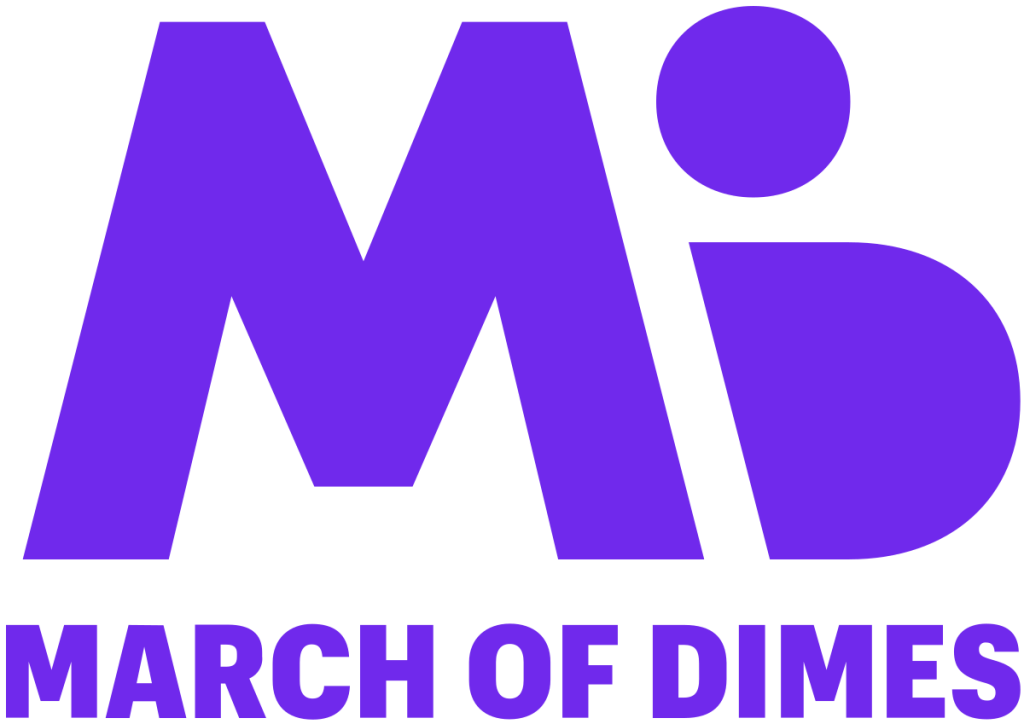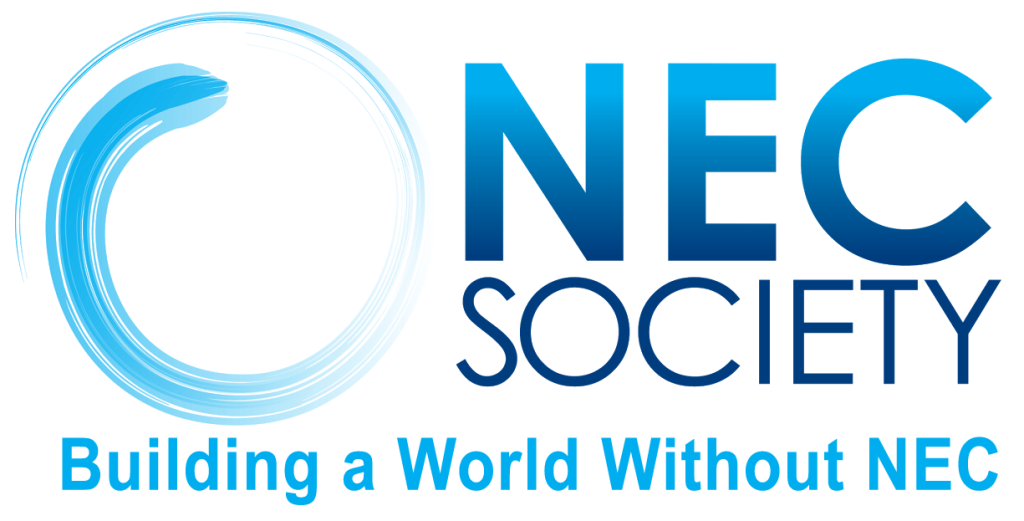AI in medicine: Tech that can improve the patient-doctor experience
AI is making a tremendous impact on the healthcare industry. A number of specialty fields are looking to AI to crunch data and assist overworked doctors. Karen Roby talked with TechRepublic writer, Veronica Combs, about some of the advancements we’re seeing in the medical field because of AI. The following is an edited transcript of their interview.
Veronica: In healthcare, there’s so much information, and a doctor only has a few minutes with you. And so while a doctor might know your last few years of blood pressure, they won’t necessarily know what happens in a different part of your life or where you live. Maybe you live close to a chemical processing facility, or maybe you are in a drug trial, and you just happened not to mention that.
So I think with artificial intelligence, it can take all this data and put it together in a way, analyze it, look for red flags, and then help the doctor understand more of your own personal history and make treatment decisions based on that. So it’s not that AI really is going to replace doctors, it’s going to be a different tool for them to think about treatment differently.
There’s a standard of care. It used to be that you were supposed to take an aspirin every day after you had a heart attack. I think that’s kind of being debunked a little bit. But instead of just going to the standard of care, which is a good thing, I don’t want to say it’s not, they can look at your own past history and look at recommendations. So if there’s an algorithm looking for a certain cancer risk or a certain gene or gene expression, it can flag that, and the doctor could say, “Oh, well, normally I would say this following the standard of care, but knowing what we know now about your history, I would maybe do this instead.”
And a lot of medical research is done on men. And so I think it has even more promise for women because obviously, they don’t do clinical trials or drug trials with pregnant women. Sometimes, they even exclude women of childbearing age, so it really has a big potential to start changing medicine and medical care to benefit the individual, whether it’s a man or a woman or a young person, an old person or a black person or white person.
Karen: One of the facets of medicine that we’ve reported on that’s really using AI to make a big difference, it’s in maternal-fetal medicine and one company, in particular, that’s developing a series of digital tools that will assist the nutrition needs of premature babies. I know you wrote a great article about this. Talk a little bit about the work that they’re doing.
Veronica: If a woman gives birth early, there is a company called Astarte Medical. They’re working on a product called NICUtrition. And when an extremely preterm baby is born, food is very important because that food tends to power brain development. What Astarte does is they look at the medical record, and they extract 200 data points, so they don’t have to do anything to the baby or the mom. They look at existing data, and they analyze it to see, does this baby need more antibiotics, does this baby need less, should we give it the standard amount of food or maybe a little bit more, a little bit less, to power that baby’s development.
To read the full Tech Republic interview, click here.




